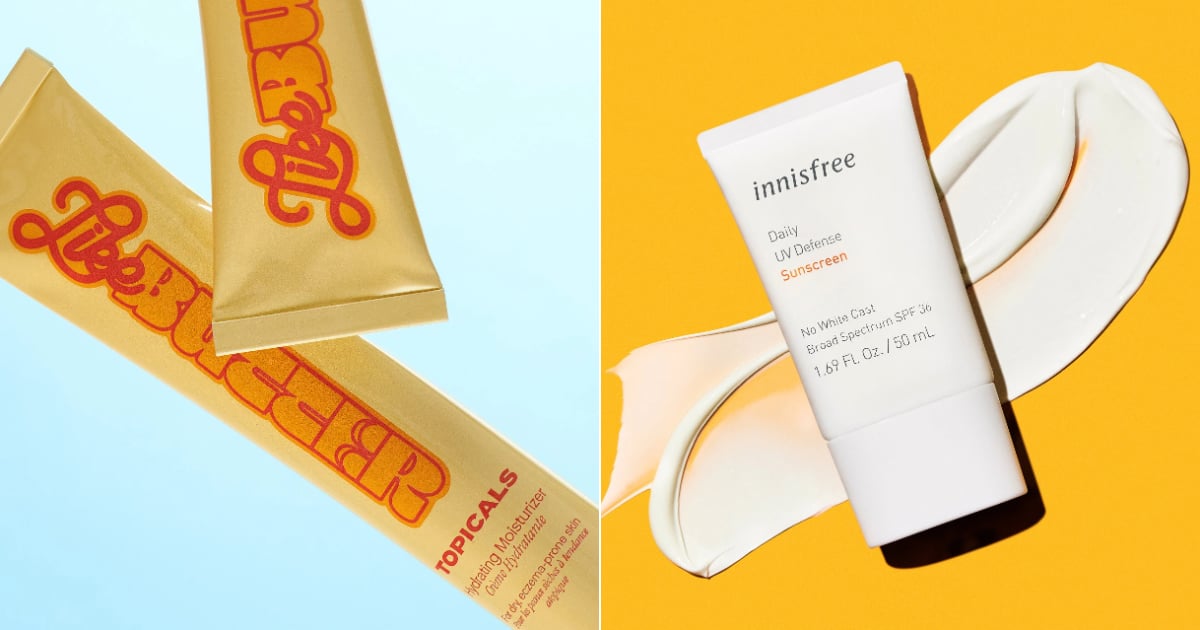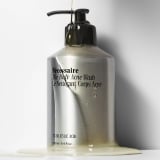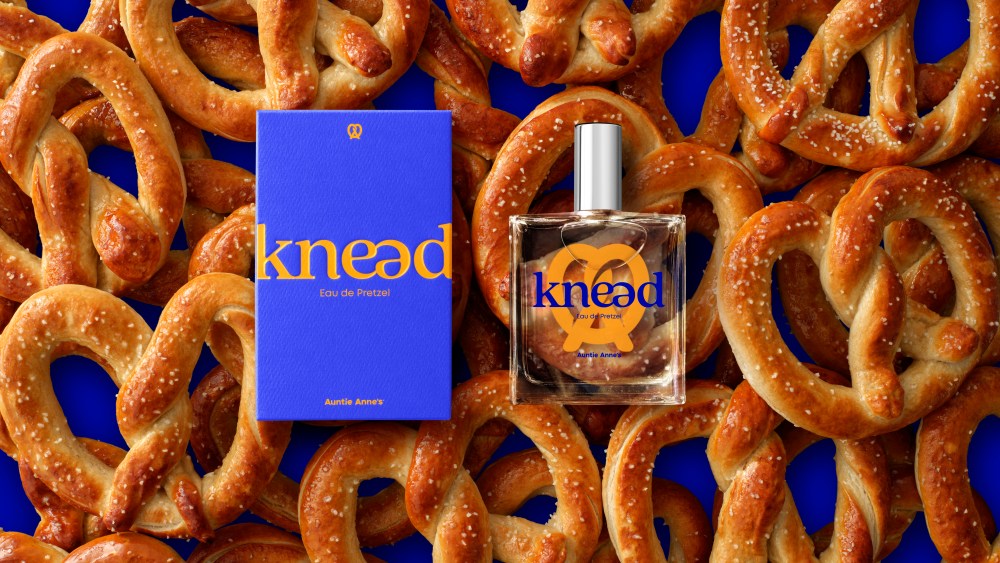Shopping for beauty products can be fun, but it can also add up fast. No matter how good they make you feel (or look), no one looks forward to seeing the credit card bill post- Ulta or Sephora trip. However, you can save on your beauty routine by using your FSA (flexible spending account) and HSA (health savings account) on beauty products that are eligible.
Enrolling in either of these programs allows you to set aside pre-tax dollars for certain medical expenses and conditions, like over-the-counter medications and even skin-care products. To help you make the most of your FSA or HSA benefits and shop strategically, we enlisted the help of NYC-based board certified dermatologist Nithin Reddy, MD, to break down the benefits, what types of products qualify and why, and how to optimize your shopping list. We also included some of the best FSA and HSA-eligible skin-care products you can stock up on with your funds, including a few of our editor-backed picks.
What is the difference between an FSA and an HSA?
In order to fully take advantage of these benefits, it is helpful to understand what exactly FSA and HSA accounts are and the differences between them. Both FSA and HSA benefits let you set aside pre-tax money to spend on healthcare costs, but there’s an annual contribution limit for an FSA that you can specify during your enrollment period, according to Dr. Reddy. He points out that employers usually offer FSAs, and HSAs are contingent on enrolling in a high-deductible health plan.
“One of the main advantages of an HSA is that it is portable, staying with the account holder through job transitions,” Dr. Reddy says. “Other HSA advantages include higher contribution limits, rollovers, investment opportunities, and flexible withdrawals. It is crucial to thoroughly review the terms and conditions, contribution limits, and qualified expenses with both types of accounts to determine their suitability for your needs.”
How can beauty products qualify for the tax-free benefit?
Dr. Reddy says that while beauty products alone may not qualify as FSA/HSA eligible, those containing ingredients proven to treat medical conditions – like acne, eczema, or in the prevention of skin cancer can be eligible for FSA/HSA coverage. “For instance, over-the-counter retinol, a well-known antiaging ingredient in many beauty products, is in many acne treatments, making it eligible for FSA/HSA funds,” Dr. Reddy says. “Similarly, blemish correctors that contain salicylic acid, another effective ingredient for treating acne, often qualify as FSA/HSA eligible.”
Along with acne treatments, sunscreen is also eligible since they help prevent skin cancer. He also notes that some moisturizers can qualify for the benefit if they help with eczema management. “If there is any doubt about a specific product’s eligibility, it is always advisable to first consult with your account administrator,” he says.
How can consumers take advantage of their FSA/HSA benefits for beauty products?
“Any products labeled as FSA/HSA eligible can be purchased using your FSA or HSA account, providing a convenient way to manage your healthcare expenses by offering tax savings,” he says. Sites like
He recommends swapping products that aren’t covered by the benefit with FSA/HSA-eligible items but warns not to overspend on non-essential items if you can help it.
Ahead, we rounded up the best beauty products you can get using your FSA or HSA benefits.




